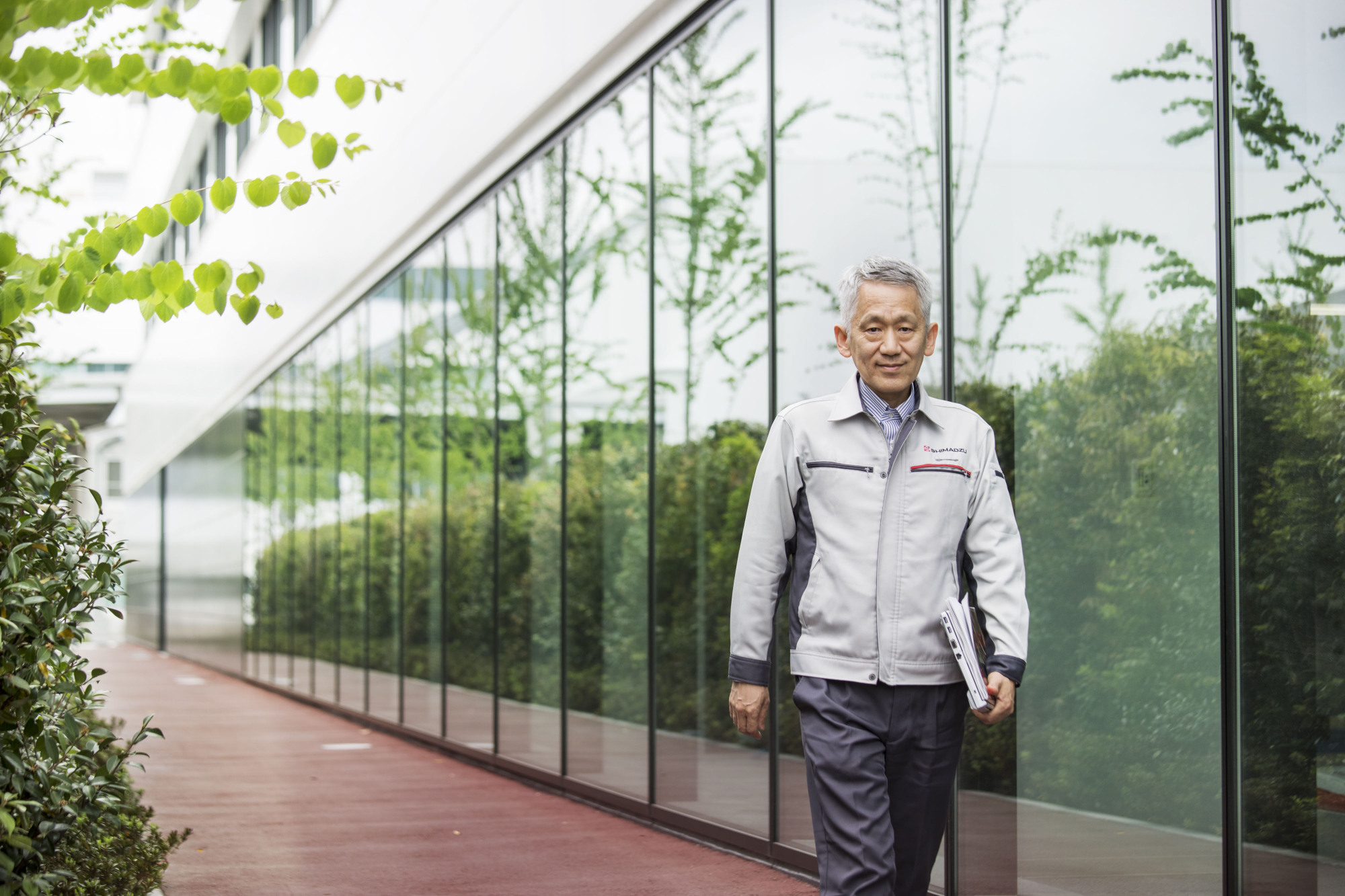Nobel Prize winner Koichi Tanaka says the predictive blood test for Alzheimer's disease he and colleagues spent almost a decade developing is a double-edged sword.
Without medications to stave off the memory-robbing condition, identifying those at risk will do nothing to ease the dementia burden and may fuel anxiety. But if used to identify the best patients to enroll in drug studies, the minimally invasive exam could speed the development of therapies for the 152 million people predicted to develop the illness by 2050.
"We must be cautious on how the test is used because there's no curative treatment," Tanaka said in an interview at Kyoto-based Shimadzu Corp., where he's worked for 36 years.

















With your current subscription plan you can comment on stories. However, before writing your first comment, please create a display name in the Profile section of your subscriber account page.